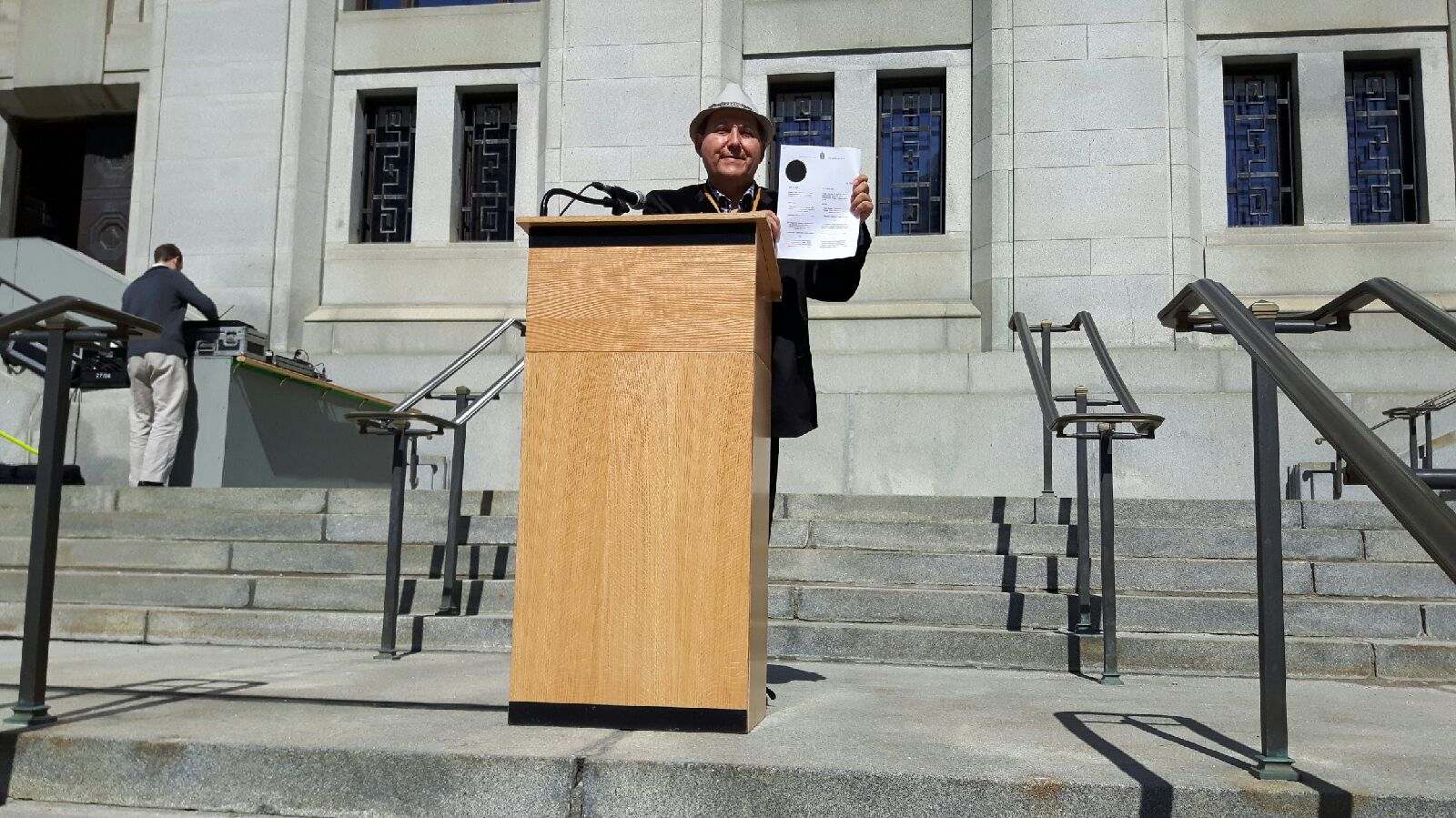The Supreme Court of Canada. Photo courtesy http://www.scc-csc.ca/vis/gal/buil-edi-eng.aspx
The Supreme Court of Canada has unanimously ruled that Metis and non-status are Indians under the Constitution.
The landmark, 9-0 ruling will have an impact on the relationship between the federal government and 600,000 Metis and off-reserve Indians across the country.
The high court was asked to rule on whether the federal government has the same responsibility to them as to status Indians and Inuit.
The court said that since it is already long-established in Canadian law that the federal government has a fiduciary duty to the country’s Aboriginal Peoples, there would be no practical utility in restating that in the ruling.
Justice Rosalie Abella, writing for the court, said the provincial and federal governments have both denied having legal authority over non-status Indians and Metis, leaving them in a “jurisdictional wasteland.”
The Congress of Aboriginal Peoples went to court in 1999 to allege discrimination because they were not considered Indians under the Constitution.
CAP National Chief Dorey calls this a great day.
“It’s been decades waiting for this decision now hopefully we don’t have to wait any longer to be at any table to address the social economic needs of Metis and non-status Indians or their rights,” says Chief Dorey.
The Aboriginal Affairs Coalition of Saskatchewan is the provincial affiliate with CAP.
Kim Beaudin, president of the AACS says a long fight is finally over.
“Now I am hoping the federal government will live up to their obligations, it is a huge win for our people.”
Kim Beaudin holding the historic Supreme Court decision. Photo courtesy Kim Beaudin.
Beaudin also says the decision will carry a lot of weight in Saskatchewan because of the province’s large population of Metis and non-status Indians.
“I am hoping the Wall government will be apart of the attitude ensuring we are heard, but in the end I am just happy about the decision.”
The landmark case was originally brought forward by Harry Daniels who died in 2004, but his son Gabriel Daniels took up the cause and was all smiles after today’s decision.
“I am very proud and I wish my father was here,” says Daniels. “Today’s decision complete’s my father’s work.”
Metis Nation of Saskatchewan President Robert Doucette thanked the late Harry Daniels for his work.
“I want to thank him and his family for sacrificing so much for Metis rights. Without his vision and leadership this wouldn’t be possible today, Harry Daniels is one of our late great Metis leaders and he should never be forgotten.”
Other Metis, non-status Indian and First Nation groups have also been sharing their praise for the Supreme Court of Canada ruling.
“As a nation we have all the elements necessary to move forward and engage with the government of Canada,” says Clem Chartier President of the Metis National Council.
Vice-President of the Metis Nation of Saskatchewan Gerald Morin says it is a historic day for the Metis nation.
“This is something that has been used against us time and time again and now the federal government will have to negotiate with the Metis Nation,” says Morin.
The MN-S vice-president also wanted to be clear this decision does not mean Metis and non-status Indians will have the same rights as First Nations. He says the decision simply states the federal government now has a responsibility to negotiate with representative groups.
“Those negotiating tables will be put in place where previously there were none, so I think it is great to now have the opportunity to negotiate some of these things on behalf of our people.”
Morin also says there could be discussion over a Metis lands claim process and the possibility of self-governance.
While MN-S President Robert Doucette praised the decisions he says there won’t be any immediate changes.
“This is going to be a long process and we are only beginning that process now,” says Doucette.
Assembly of First Nations National Chief Perry Bellegarde says the Daniels decision shows how the nation is changing.
“Today’s decision is yet another sign that colonial laws are crumbling,” says National Chief Bellegarde in a media release. “Today’s decision allows First Nations to welcome back the citizens previously lost under colonial laws and policies.”
Chief Bellegarde says he will be moving to meet with the federal government on the implications of this decision in the near future.
The nation’s Prime Minister provided a response as well.
Prime Minister Justin Trudeau says the Supreme Court decision will have have “broad consequences and impacts” across the country.
“We of course respect the Supreme Court decision and will be engaging with Indigenous leadership to figure out what the path is forward, but I can guarantee you one thing the path forward will be together.”
The Prime Minister says his government is focused on renewing its relationship with indigenous peoples, and pointed to what he called historic investments in aboriginal communities.
(With files from The Canadian Press)
